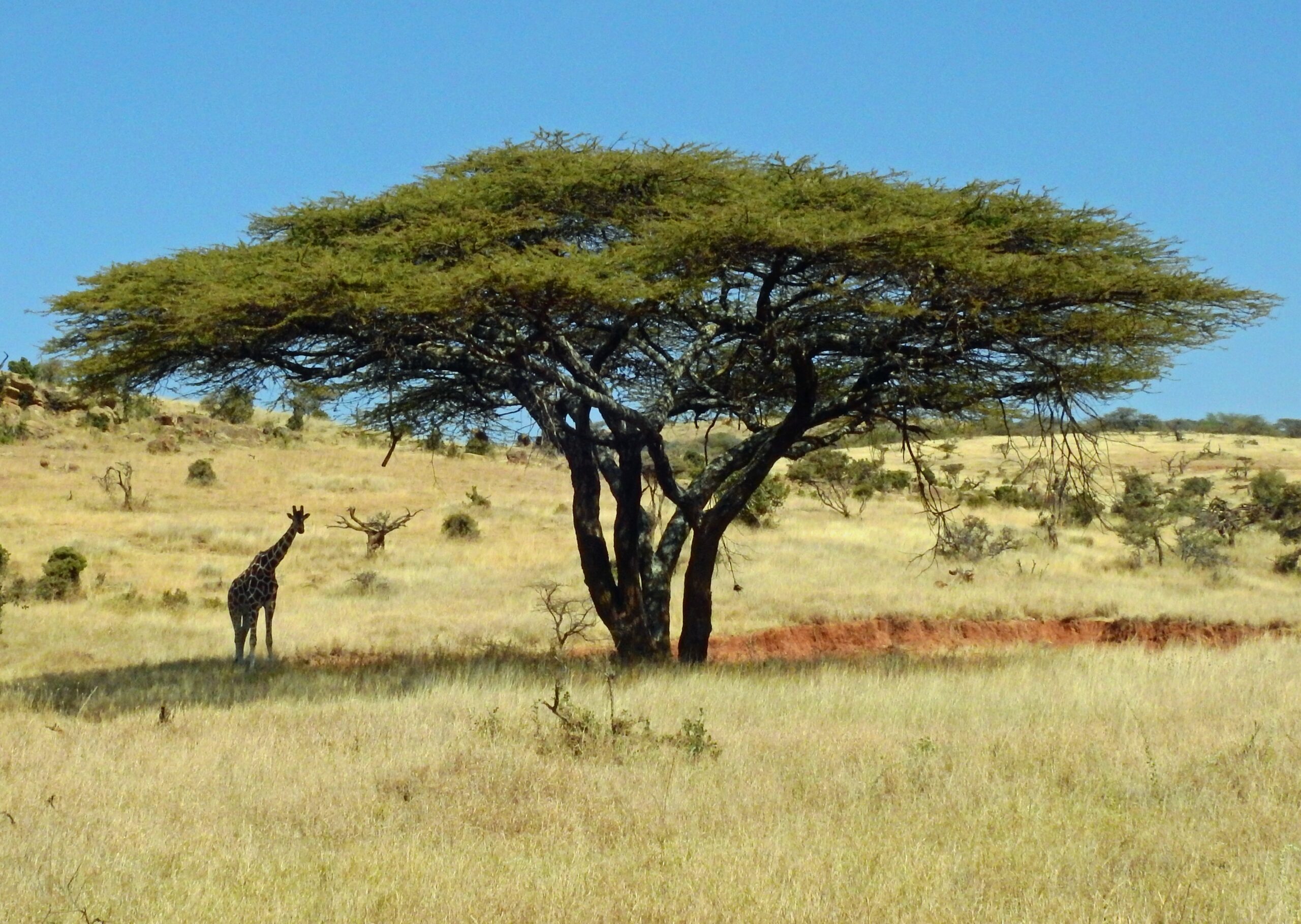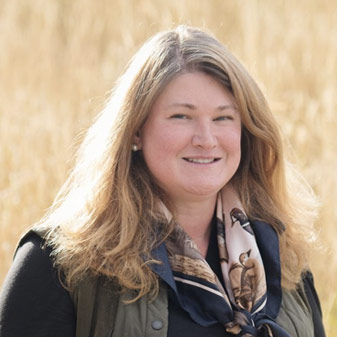The use of misinformation to shape opinions and actions is a practice as old as politics. Plato argued that falsehoods had a rightful place in politics insofar as they were necessary for the good of the state. In his canonical work The Prince the Italian diplomat Niccolo Machiavelli counseled leaders that one should “never attempt to win by force what can be won by deception.” Russian President Vladimir Putin once expressed his disdain for politics by remarking it required one to “be insincere and promise something which you cannot promise. So you either have to be a fool who does not understand what you are promising, or deliberately be lying.”
Conservation politics are not immune to misinformation, and few conservation issues have been surrounded by the degree of misinformation that trophy hunting is. While legislation to prohibit the importation of hunting trophies from Africa is debated in Congress and Parliament, social media and newspapers in the United States and United Kingdom contain a daily swarm of stories making claims about trophy hunting that have no basis in science or the lived experience of African people.
Should these false narratives prevail in shaping public policy, efforts to prevent the extinction of species will be set back. Equally important is that every public policy debate dominated by misinformation harms our democracies. Promoting and embracing false narratives surrenders fidelity to reason and facts observed through science to sentiment and mythology. This will not equip us to overcome the challenges of the twenty-first century.
A team of co-authors, led by Adam Hart of the University of Gloucestershire, and including myself, recently confronted this state of affairs in a peer-reviewed letter published in the journal Conservation Biology. In our letter, we highlight the ways in which ideas that are presented as “facts” about trophy hunting’s impact on wildlife run counter to the actual scientific understanding of those impacts. We indict and prosecute specific examples of misinformation about trophy hunting spread through the popular press. Finally, we encourage other academics and subject matter experts to increase their engagement in conservation policy debates so that the “increasingly toxic influence” of misinformation does not take hold.
Winston Churchill once observed that “a lie gets halfway around the world before the truth has a chance to get its pants on.” This is even more true today, when a meme of questionable provenance can be sent to millions of people over social media platforms, “independent journalists” publish unsourced and unsubstantiated stories, “deep fake” videos can cause people to question their own eyes, and newsroom editors recycle it all to keep readers and get clicks. So long as policy debates around conservation continue to be influenced by these kinds of misinformation tactics, conservation experts must never tire of stepping forward to set the record straight and give the truth a fighting chance.




